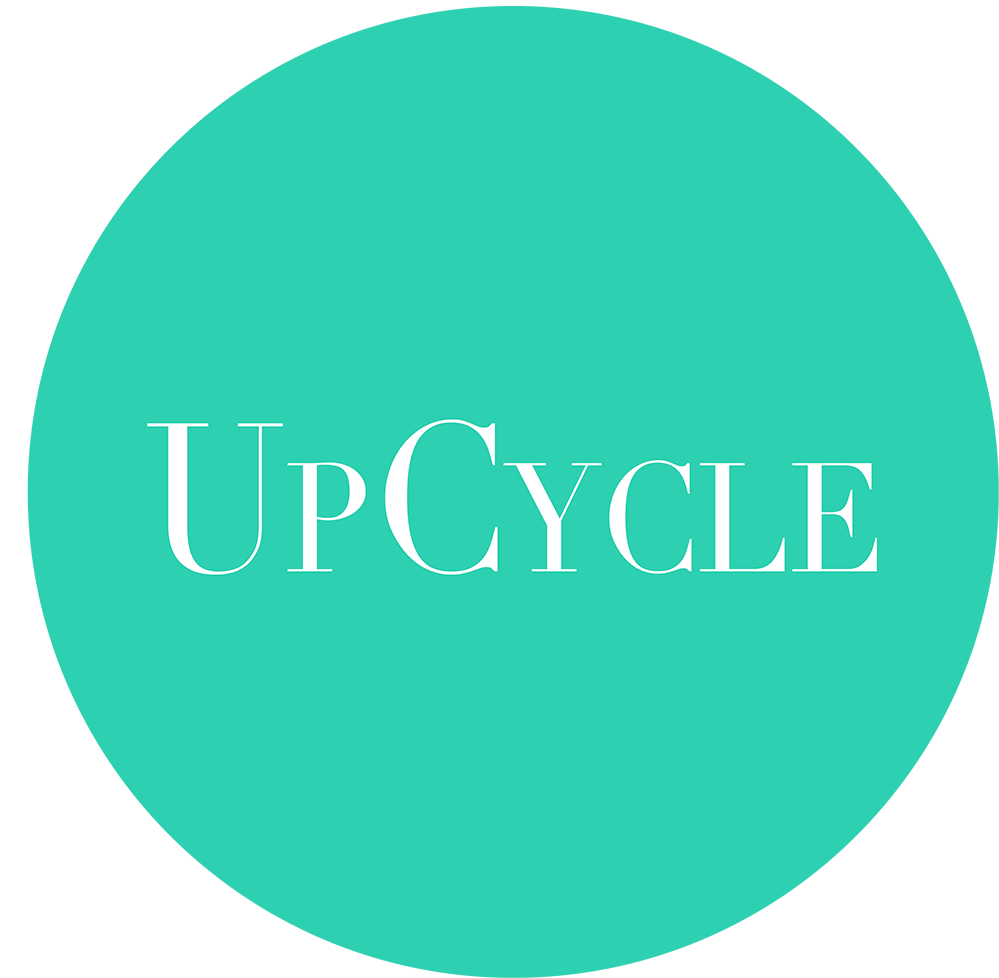Postgraduate Issue V2I1- Rogers et al | Journal of CESaRE
The Journal of Caribbean Environmental Sciences and Renewable Energy (CESaRE) was developed in 2016 out of a recognized need to modernize and revolutionize the Caribbean's scientific research publishing.
There are over 170 Caribbean research publications in the past 5 years falling under the broad field of environmental sciences, found scattered over a large variety of International journals, without a central (Caribbean) location to collate this knowledge. With the global shift towards renewable over traditional energy sources, together with a rise in environmental consciousness, this a perfect opportunity for highlighting such research conducted in the Caribbean.
CESaRE will provide a suitable forum to encourage research into renewable energy, as well as the environmental sciences. CESaRE promises to be more than just a collection of articles, but also a forum to disseminate information and bridge the gap between research and implementation, from which Caribbean leaders, relevant industry partners, and authorities can use our Journal for more effective decision making and environmental management.
academic publication, journal, publishing, research, environmental sciences, renewable energy, climate change, podcast series, webinars, innovation, Caribbean, islands, sustainability
16607
wp-singular,page-template-default,page,page-id-16607,wp-theme-bridge,bridge-core-3.0.8,qode-quick-links-1.0,qodef-qi--no-touch,qi-addons-for-elementor-1.9.1,qode-page-transition-enabled,ajax_fade,page_not_loaded,, vertical_menu_transparency vertical_menu_transparency_on,qode-title-hidden,qode-theme-ver-29.5,qode-theme-bridge,qode_header_in_grid,wpb-js-composer js-comp-ver-6.10.0,vc_responsive,elementor-default
Change in Length and Weight of Holothuria mexicana Sea Cucumber During Processing
Arlenie Rogers, Kevin Novelo, Donovan Leiva
Biology Department, Faculty of Science and Technology, University of Belize Environmental Research Institute, Belize
Vol. 2, Issue 1, 2019 DOI: 10.33277/CESARE/002.001/01
Knowing the conversion ratio of processed sea cucumbers is important in determining the amount harvested from the wild. In Belize, the sea cucumber fishery was opened from 2009-2016. Estimating the amount harvested from the wild was especially difficult since sea cucumbers were exported semi-processed or dried. Dry weights were used to
estimate the catch, yet the total allowable catch (TAC) was set based on wet weight. In this study, sea cucumbers were collected monthly for eight months and processed. The largest and heaviest individuals
came from Marine Protected Areas (MPAs) and were found during the reproductive months. On average individuals lost about 54% of their total length and 84% of their body weight. The majority (87%) of all the processed sea cucumbers were of inferior quality. Sea cucumber exporters and fishers need more training in sea cucumber processing.
Length and weight, Sea Cucumber, Holothuria mexicana, processing, total allowable catch
What lies beneath is very much under-researched and under-reported in the Caribbean. Rogers et al., from the University of Belize, want to see that change. Their article on the harvesting and varied ways of processing in the sea cucumber industry highlight the changes needed in the region’s fisheries.
CESaRE’s article versions will allow you to explore the material in your own time, and at your own pace. Click on the links below to begin!

The QuikEZ
As the name implies, you can quickly gain an understanding of the author's main findings in just a few paragraphs! Our authors have taken great care to ensure open sources of information for you to access!
Read
The Detailed
A comprehensive academic article layout as an easily digestible summary of findings by the author. Detail is key and the article allows you to fully explore the author's content!
Read
The UpCycle
Academics, industry leaders and transformative NGOs need to be at the same table. This report summaries key information for the steps ahead. Research should allows continue to drive change!
Request
Want to contact the author?
You can do so through the button below. More information is provided in the UpCycle.
Contact Author